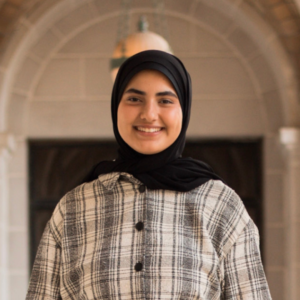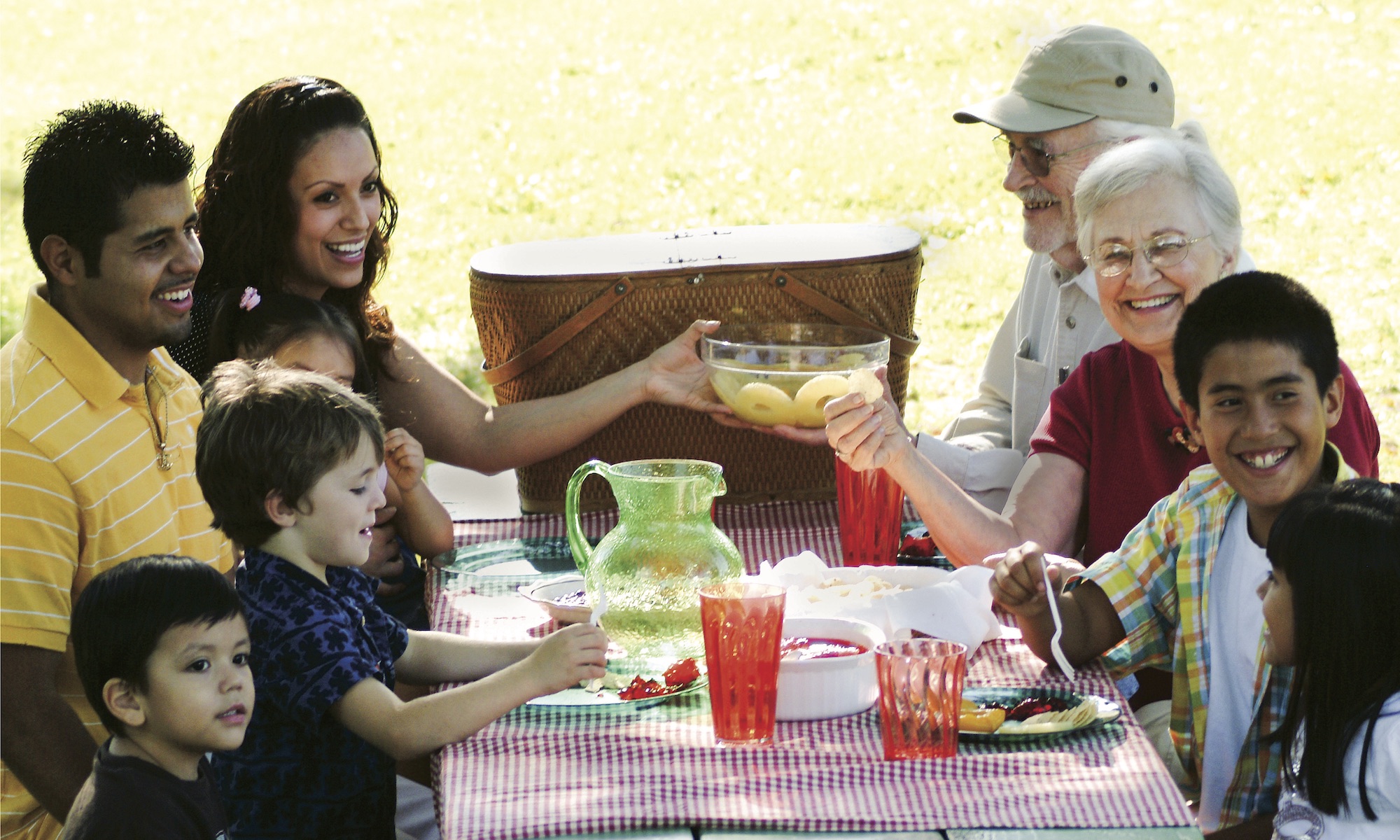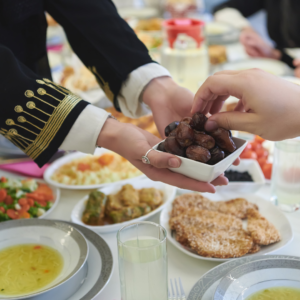 Hello, I’m Amany Al-Barakat, a Muslim who has been observing Ramadan for the last couple of years. Ramadan is not just a month on the Islamic calendar; it is a profound spiritual journey that holds deep significance for Muslims worldwide. In this blog post, I’d like to share with you the essence of Ramadan, its practices, and its transformative impact on the lives of those who observe it.
Hello, I’m Amany Al-Barakat, a Muslim who has been observing Ramadan for the last couple of years. Ramadan is not just a month on the Islamic calendar; it is a profound spiritual journey that holds deep significance for Muslims worldwide. In this blog post, I’d like to share with you the essence of Ramadan, its practices, and its transformative impact on the lives of those who observe it.
What is Ramadan?
Ramadan is the ninth month of the Islamic lunar calendar and is considered the holiest month for Muslims. It is a time of fasting, prayer, reflection, and community. The fast, known as Sawm, begins at dawn (Suhoor) and ends at sunset (Iftar). During this period, Muslims abstain from eating, drinking, smoking, and engaging in sinful behaviors.
The Meaning and Significance of Ramadan:
Ramadan holds a special place in the hearts of Muslims as it commemorates the revelation of the Quran to Prophet Muhammad (peace be upon him). It is a month of spiritual purification, self-discipline, and increased devotion to God. Fasting during Ramadan is not merely about refraining from physical needs but is also about cultivating inner qualities such as patience, gratitude, and empathy towards others.
What Do Muslims Do During Ramadan?
During Ramadan, Muslims engage in various acts of worship and good deeds to draw closer to God and seek His forgiveness. Apart from fasting, Muslims also increase their recitation of the Quran, engage in extra prayers, and give to charity (Zakat and Sadaqah). The atmosphere is filled with a sense of community and solidarity as families and friends gather to break their fasts together and share meals (Iftar).
Laylat al-Qadr: The Night of Power
One of the most significant events during Ramadan is Laylat al-Qadr, often referred to as the “Night of Power.” It is believed to be the night when the Quran was first revealed to Prophet Muhammad (peace be upon him). The exact date of Laylat al-Qadr is uncertain, but it is most commonly observed on the odd nights during the last ten days of Ramadan.
Laylat al-Qadr is a night of immense blessings, forgiveness, and spiritual enlightenment. Muslims spend the night in prayer, supplication, and recitation of the Quran, seeking God’s mercy and guidance. It is a time of deep reflection and introspection, as Muslims strive to maximize their worship and good deeds on this auspicious night, believing that the rewards are multiplied manifold.
Support friends, colleagues and neighbors during Ramadan:
As Ramadan is a significant time for Muslims, showing support and understanding can mean a lot to those observing this sacred month. One of the best ways to show support is by being curious and learning more about Ramadan. Educating oneself about the practices and significance of Ramadan can foster understanding and respect. Additionally, sharing well wishes such as ‘Ramadan Kareem’ (Noble Ramadan) and showing grace and patience to Muslim colleagues and friends during this time is important. Your kindness and consideration will be greatly appreciated and will help create a supportive and inclusive environment for everyone during this special time.
Eid al-Fitr: The Festival of Breaking the Fast
After a month of fasting, prayer, and self-reflection, Ramadan culminates in the celebration of Eid al-Fitr, the Festival of Breaking the Fast. It is a joyous occasion that marks the end of Ramadan and the beginning of Shawwal, the next month in the Islamic calendar.
Eid al-Fitr is a time of celebration, gratitude, and unity. Muslims gather in mosques or open spaces to perform the special Eid prayer, followed by festive meals, gatherings with family and friends and the exchange of gifts. It is a day to express gratitude to God for His blessings and to rejoice in the spiritual growth achieved during Ramadan.
In conclusion, Ramadan is a sacred month that offers Muslims an opportunity for spiritual rejuvenation, self-improvement, and increased devotion to God. It is a time of fasting, prayer, reflection, and community, culminating in the celebration of Eid al-Fitr. Ramadan Kareem to all!

